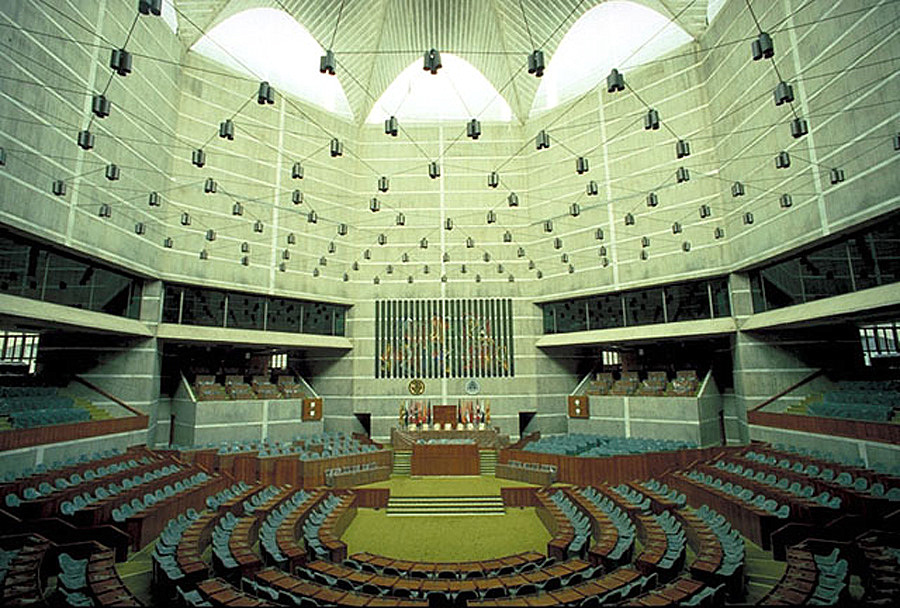Amid the absence of a functioning parliament, Finance Adviser Salehuddin Ahmed is set to deliver the national budget for the 2025–26 fiscal year at 4:00pm on 2 June, through a live televised address.
Earlier in the day, the Finance Ordinance 2025 will be approved by the interim cabinet—officially known as the Advisory Council, headed by Chief Adviser Muhammad Yunus—and signed by the President, formalising the process.
This marks the first time in 17 years that Bangladesh will see a national budget presented without any parliamentary debate.
In the absence of a legislature, the country’s constitution permits the government to enact the budget through a presidential ordinance—a measure historically used during periods of political transition or emergency.
Precedents of budgets without parliament
Bangladesh has a history of presenting national budgets via presidential ordinance, especially during times of political crisis or military rule. The upcoming FY26 budget presentation follows this precedent. Below is a look at previous instances.
1972: Post-independence budget
Following Bangladesh’s independence in December 1971, the country’s first budget for FY1972–73 was presented by Finance Minister Tajuddin Ahmad. With no formal parliamentary structure in place, the budget was promulgated by the president as Finance Order 1972.
1976–1978: Martial law period
Under President Ziaur Rahman, who assumed power during a period of martial law, three consecutive budgets were presented through finance ordinances. These included the Finance Ordinances of 1976, 1977, and 1978, all implemented without parliamentary discussion. The finance minister during this period was M Saifur Rahman.
1982–1986: Military rule under Ershad
After taking over in 1982, General Hussain Muhammad Ershad led the country without a functioning parliament. During this time, five budgets were enacted through ordinances between FY1982–83 and FY1986–87.
The budgets were placed by Finance Minister M Syeduzzaman (1982–84) and later by Finance Minister Kazi Zafar Ahmed (1985–86).
2007–2008: Emergency and caretaker government
During the emergency rule from 2007 to 2008, led by chief adviser Fakhruddin Ahmed, the caretaker government operated without a parliament.
Finance Adviser AB Mirza Azizul Islam delivered the budgets for FY2007–08 and FY2008–09. Both were presented to the press and televised, with enactment through presidential ordinances.
These episodes underscore the constitutional provision that allows the President of Bangladesh to enact financial legislation via ordinance, ensuring the continuity of state functions even in the absence of a parliament.
The upcoming FY26 budget will thus mark the ninth instance in Bangladesh’s history where a full-year budget is implemented without parliamentary scrutiny, reflecting the ongoing political vacuum since the student-led uprising of 2024 that ousted the Awami League government.
In a rare turn of events, then prime minister Sheikh Hasina presented the 2019–20 national budget on 13 June 2019, as Finance Minister AHM Mustafa Kamal struggled with illness.
Kamal began the speech but faltered early, prompting then Speaker Shirin Sharmin Chaudhury to allow him to continue while seated. This marked the first budget of the Awami League government’s third consecutive term and Kamal’s debut as finance minister.
Due to his continued illness, Hasina also led the post-budget press conference the following day—an unusual move. She read out a summary of the proposed budget and then took questions from journalists, a task typically handled by the finance minister.


